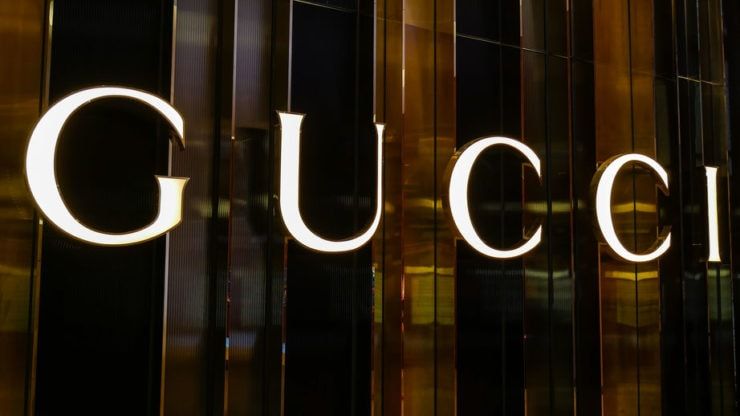Kering, the parent company of Gucci, has appointed Stefano Cantino as the new CEO of its flagship brand at a time when both Gucci and the broader luxury sector are facing significant challenges.
Cantino, who will officially take the reins in early 2024, steps into this role amid a backdrop of declining sales, particularly in China, and growing pressure to revitalize the struggling brand.
With a global economic slowdown hitting luxury demand, his task of turning Gucci around will be no small feat.
Gucci’s declining performance has dragged Kering’s stock, with shares down by 4.5% on Tuesday, further impacted by a broader pullback in luxury stocks like LVMH and Burberry.
Gucci, in particular, has been the main driver of Kering’s downturn, with the brand’s struggles leading to a 43% stock price drop over the past year.
Analysts sound the alarm on Gucci’s struggles
Analysts have raised concerns about Gucci’s future, with Jefferies recently downgrading Kering’s price target, citing the tough luxury demand environment.
Kering’s stock has been hit hard, with Jefferies noting that the third-quarter sales update is likely to highlight ongoing difficulties, particularly in China, where Gucci has underperformed compared to its rivals.
Both Barclays and RBC Capital have also downgraded Kering’s stock.
Barclays lowered its rating to “Underweight” and slashed its price target from €276 to €210, citing worsening sales in China.
The market’s lukewarm reception to Gucci’s recent product offerings has added to concerns about the brand’s turnaround potential.
Global slowdown weighs heavily on Gucci
The luxury sector, which experienced explosive growth in recent years, is now grappling with a global slowdown.
Rising inflation and reduced consumer spending, coupled with economic headwinds in key markets like China, have put significant pressure on brands like Gucci.
While Gucci previously thrived by attracting a younger and less affluent clientele, it now faces the challenge of appealing to higher-spending, more conservative consumers.
China, a critical market for luxury brands, has been a major source of concern.
Kering reported a revenue and profit decline for the first half of 2024, driven largely by slowing demand in China.
Despite China’s economic stimulus measures, analysts remain skeptical that it will provide immediate relief to the luxury sector.
Gucci’s turnaround: a tall order for Stefano Cantino
Stefano Cantino’s appointment comes after a broader management reshuffle at Gucci, including the hiring of Sabato de Sarno as the brand’s new creative director.
While de Sarno aims to revitalize Gucci’s designs and target a more affluent customer base, analysts worry that the brand’s reliance on seasonal trends may no longer be sustainable.
Gucci’s once-trendsetting approach now needs to shift toward a more timeless, conservative aesthetic to win back higher-spending consumers.
One of Cantino’s key tasks will be addressing Gucci’s underperformance in China, where it has struggled to keep pace with competitors like Louis Vuitton and Hermès.
Barclays recently raised concerns over Gucci’s steeper sales decline in China compared to its peers, casting doubt on the brand’s recovery in this crucial market.
As Cantino steps into his new role, all eyes will be on how he navigates these challenges.
While there’s hope that his leadership could restore Gucci’s former glory, the road to recovery will be anything but smooth for the luxury giant.
The post Gucci’s new CEO Stefano Cantino faces tough road ahead amid global luxury slowdown appeared first on Invezz

